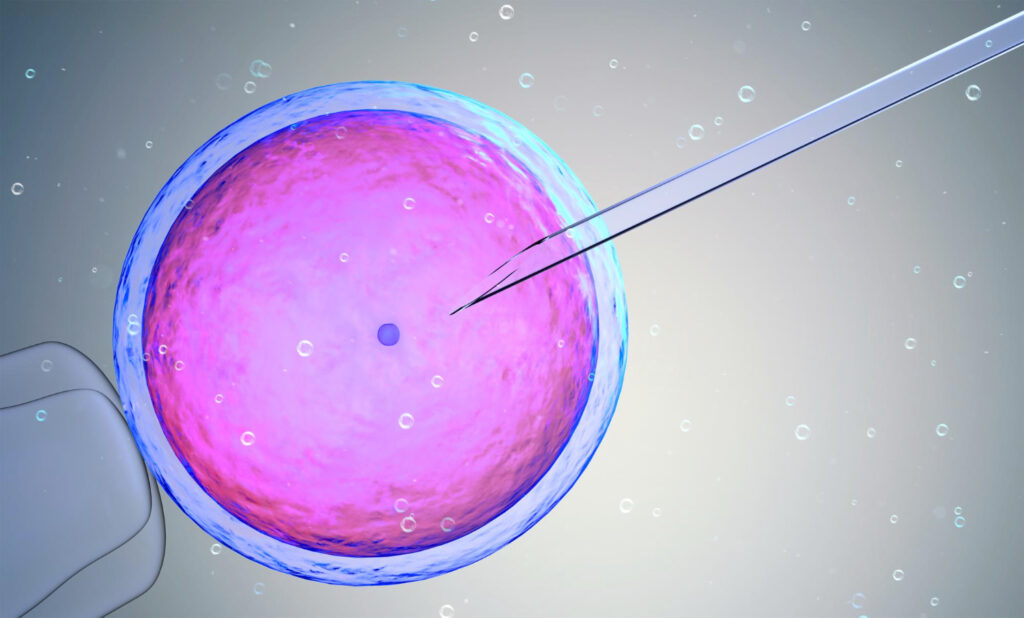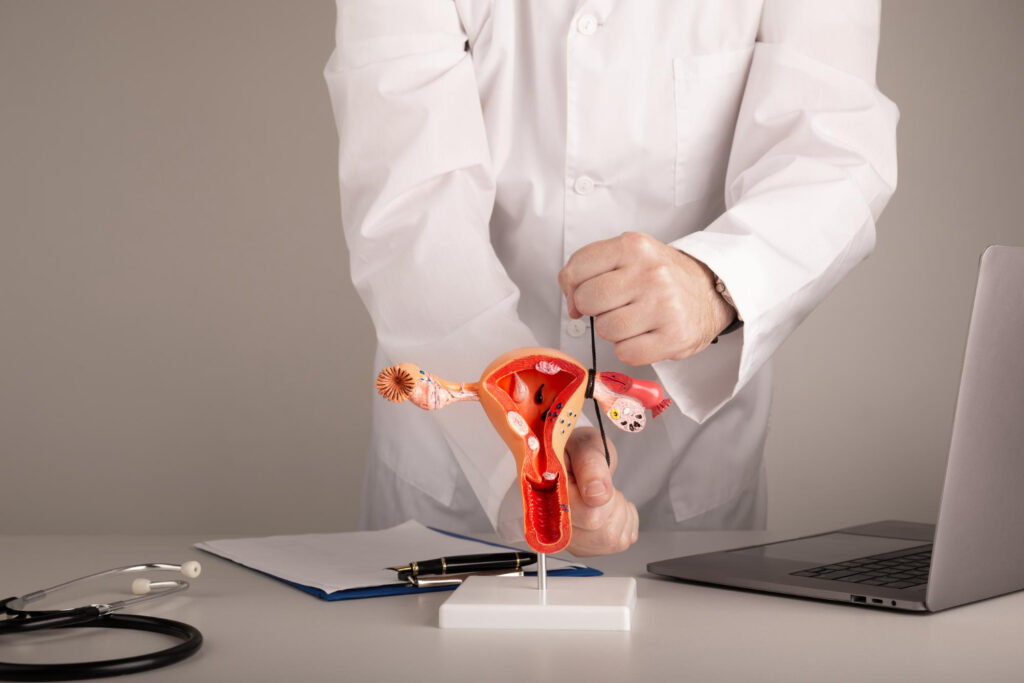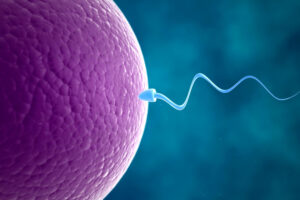For couples facing fertility challenges, finding the right treatment option can feel overwhelming. Among the many available methods, Intrauterine Insemination (IUI) is one of the most commonly recommended and least invasive fertility treatments. If you are considering IUI or have been advised by your fertility specialist to try it, understanding the procedure, benefits, success rates, and possible risks can help you feel more confident and prepared.
This article covers everything you must know about IUI treatment – from how it works to what you can expect during the journey.
What is IUI and How Does It Work?
Intrauterine Insemination (IUI) is a fertility treatment where carefully processed sperm is placed directly inside the woman’s uterus around the time of ovulation. This increases the chances of sperm reaching the egg naturally.
The process is quick, minimally invasive, and often performed without the need for anaesthesia. It is especially effective for couples where sperm quality, timing, or cervical factors make natural conception difficult.
Who Can Benefit from IUI Treatment?
IUI treatment is often recommended for couples with the following conditions:
- Mild male infertility – low sperm count or reduced motility.
- Unexplained infertility – when no apparent reason for infertility is found.
- Cervical factor infertility – when cervical mucus blocks sperm movement.
- Ovulation problems – such as irregular or absent ovulation.
- Ejaculation issues – including retrograde ejaculation or erectile dysfunction.
- Donor sperm usage – single women or same-sex couples choosing donor sperm.
Your doctor will assess your medical history, hormonal levels, and overall fertility profile before recommending IUI.
Step-by-Step IUI Procedure
Here’s what you can expect during an IUI cycle:
- Ovulation Monitoring – The doctor tracks the woman’s cycle using ultrasound and blood tests to monitor ovulation. Sometimes fertility medications are prescribed to stimulate egg growth.
- Semen Collection – The male partner provides a semen sample, or donor sperm is used as an alternative.
- Sperm Preparation – The sperm is “washed” in the lab to separate healthy, motile sperm from inactive ones.
- Insemination – Using a thin catheter, the prepared sperm is placed directly into the uterus.
- Post-Procedure Rest – The woman may rest for 10–15 minutes before resuming daily activities.
The entire IUI process takes less than 20 minutes and feels similar to a Pap smear.

IUI Success Rates – What You Should Know
The success rate of IUI depends on several factors, including the woman’s age, the underlying cause of infertility, and the use of fertility medications.
- Women under 35: 10–20% success rate per cycle
- Women aged 35–40: 10% or lower
- Women above 40: 5% or less
Most fertility specialists recommend trying 3–6 IUI cycles before considering IVF. Success improves when ovulation induction medicines are used.
IUI vs IVF – Which is Right for You?
Many couples wonder whether to go for IUI or IVF (In Vitro Fertilisation). Here’s a quick comparison:
Your fertility doctor will guide you on whether to start with IUI or move directly to IVF based on your case.
Cost of IUI Treatment in Hyderabad
One of the advantages of IUI is its affordability compared to IVF.
In Hyderabad, the average cost of IUI treatment ranges between ₹8,000 and ₹15,000 per cycle. The final cost depends on factors such as:
- Fertility medications required
- Number of cycles needed
- Diagnostic tests before treatment
- Use of donor sperm (if applicable)
Compared to IVF, which can cost ₹1.5–2.5 lakhs per cycle, IUI is often the first line of treatment for many couples.
Risks and Side Effects of IUI
IUI is generally safe, but like any medical procedure, it carries some risks:
- Mild cramping or spotting after insemination
- Risk of multiple pregnancy if fertility drugs are used
- Ovarian hyperstimulation syndrome (rare, due to fertility medications)
- Infection (sporadic)
Most women recover quickly and can continue normal activities the same day.
Tips to Improve Your Chances of IUI Success
If you’re preparing for IUI, these lifestyle and medical tips can make a difference:
- Maintain a healthy weight – both underweight and overweight can affect fertility.
- Eat a balanced diet – rich in proteins, whole grains, fruits, and vegetables.
- Avoid alcohol and smoking – they lower fertility in both men and women.
- Take prescribed supplements – such as folic acid and vitamin D.
- Follow your doctor’s timing advice – success depends heavily on precise ovulation tracking.
- Reduce stress – relaxation techniques, such as yoga or meditation, can help.

Frequently Asked Questions About IUI
1. Is IUI painful?
No, IUI feels similar to a Pap smear – mild discomfort but not painful.
2. How many cycles of IUI are needed?
Most doctors recommend up to 3–6 cycles before considering IVF.
3. Can I conceive naturally after IUI?
Yes, IUI improves chances, but natural conception may still occur later.
4. Who should avoid IUI?
Women with blocked fallopian tubes or severe infertility issues are not good candidates.
5. How soon can I take a pregnancy test after IUI?
It’s best to wait at least 14 days after the procedure for accurate results.
Why Choose The Boon IVF for IUI Treatment in Hyderabad?
At The Boon IVF, Hyderabad, we specialize in advanced fertility treatments, including IUI, IVF, ICSI, and fertility preservation, supported by a compassionate team of fertility experts. Our doctors combine medical expertise with personalized care to ensure that every couple feels supported throughout their journey.
We provide:
- State-of-the-art fertility labs and equipment
- Experienced fertility specialists with proven results
- Affordable IUI treatment packages in Hyderabad
- Emotional and psychological support throughout the process
If you’re considering IUI treatment in Hyderabad, schedule a consultation at The Boon IVF today and take your first step toward parenthood with confidence.


